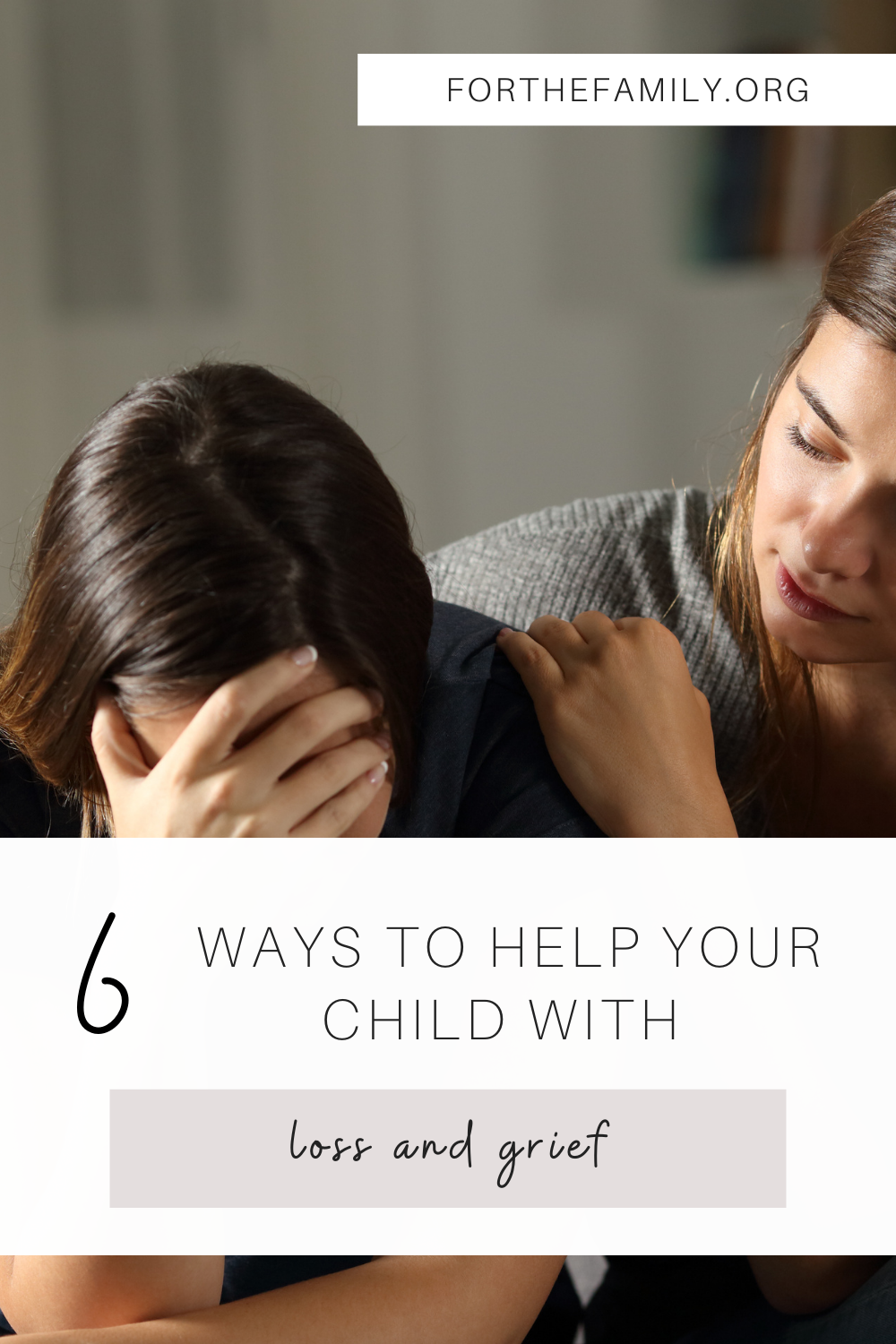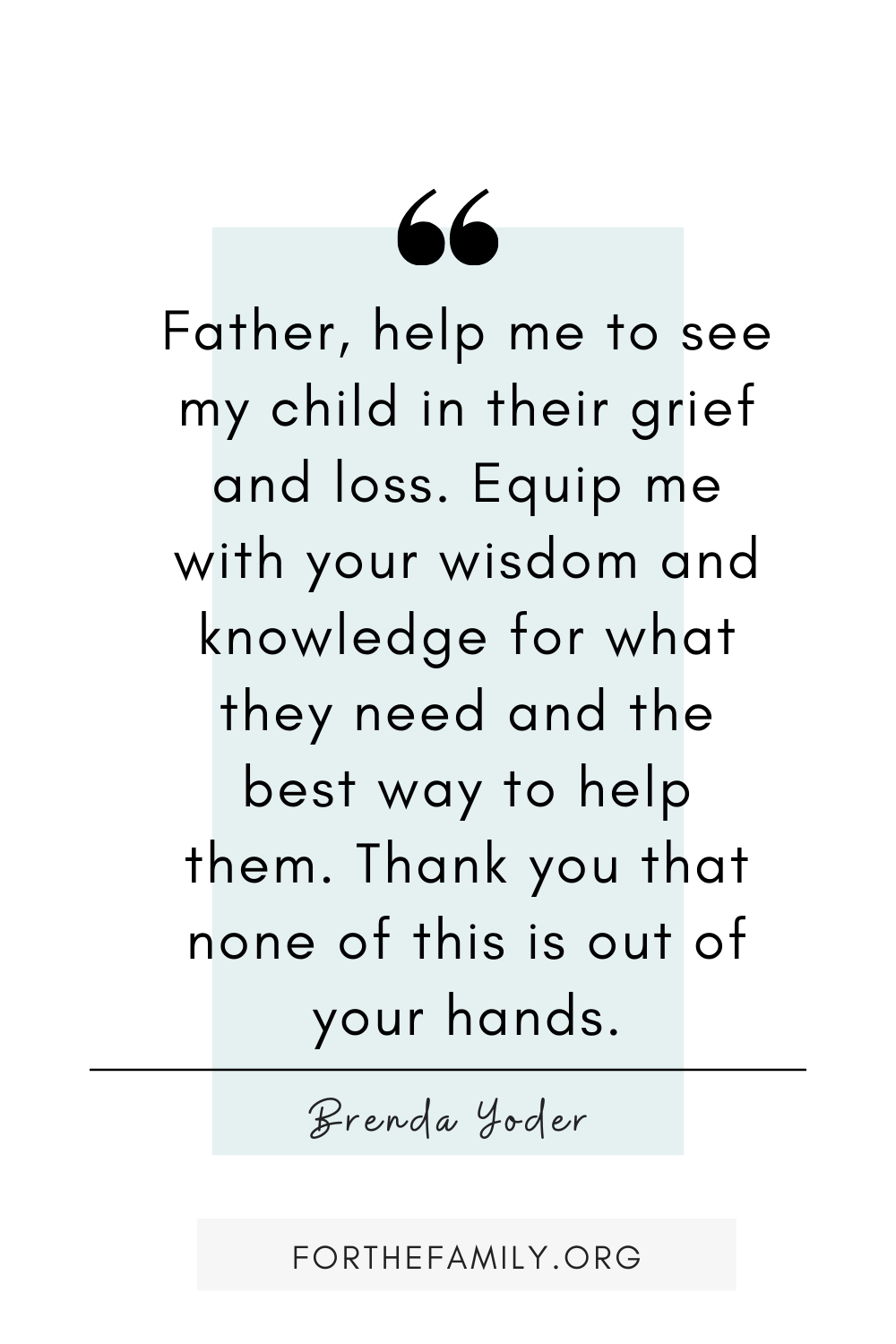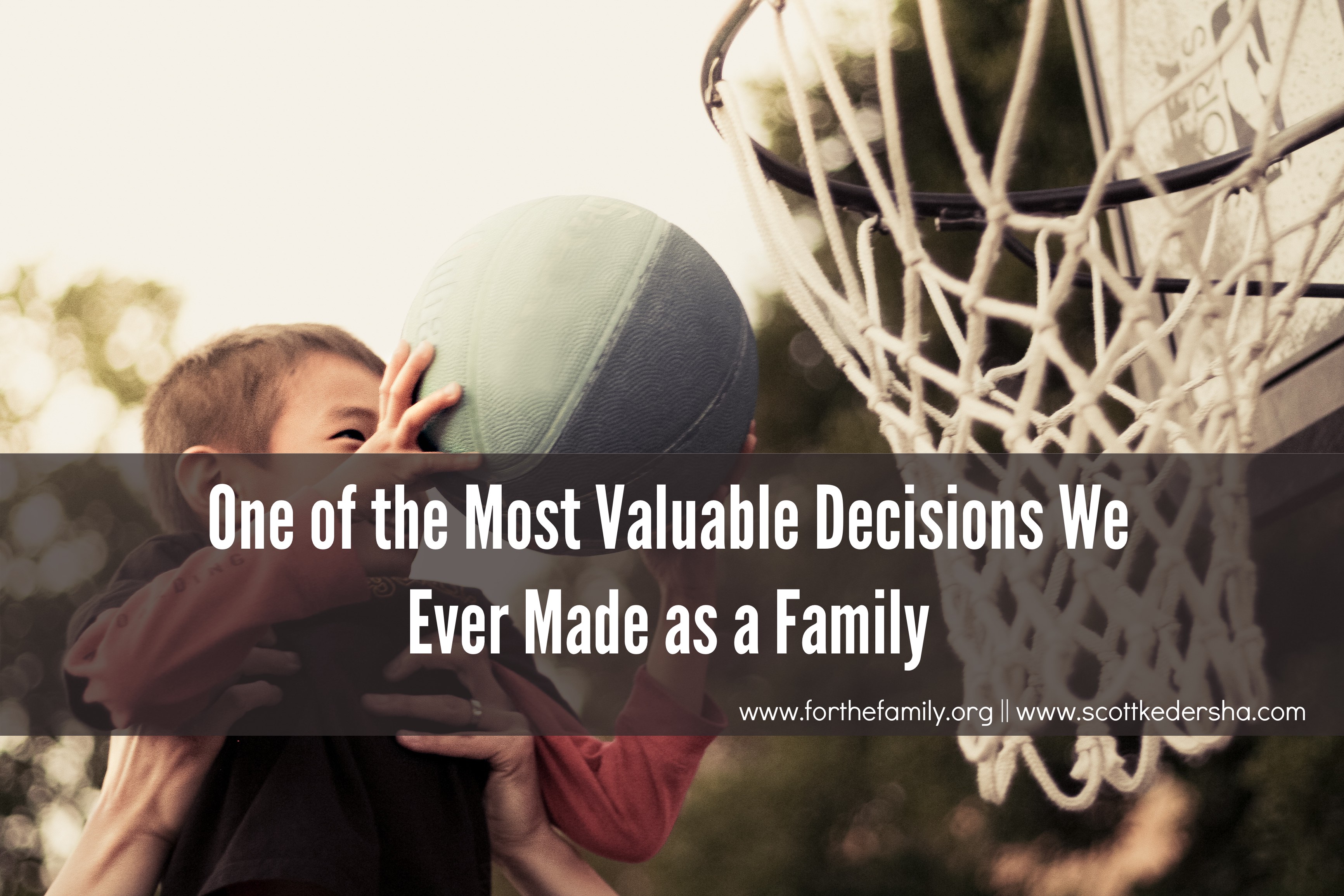6 Ways to Help Your Child with Loss and Grief
Emily talked about the darkness inside of her. She tried to be happy because she wanted the people around her to be happy. She said she felt dark. She didn’t have that shine she used to have. She had a significant loss in her life. She was dealing with grief.
Kids don’t have the tools adults do to reconcile death or loss. They don’t have the words to clearly express the feelings jumbled inside of them. A child won’t formally say, “I have grief over……..I need help.” But you can help your child identify and process grief with a few tools.
Kids of all ages are experiencing significant losses right now, from death to the normal everyday activities of childhood that are canceled. Here are six ways to help your child or teen with grief.
Know the stages of grief. There are five stages of grief. They include denial, anger, bargaining, depression, and acceptance. These stages aren’t linear or fixed. They will look different from child to child and person to person. Not everyone experiences all stages. The anger Emily expressed is typical of the loss she experienced. When a child knows their feelings of grief are normal, they feel more in control. It gives them hope they won’t feel the negative emotions forever.
Give your child safe spaces to talk and process. Too often we adults want to fix things for our children so they don’t feel sad or bad. When you do this, kids can negatively internalize their feelings with blame, shame, or judgment. Don’t try to fix their feelings. Instead, just listen to them and validate their feelings. It also may help to have a nonjudgmental person or a place where they can talk about and process their feelings, like with a counselor or mentor.
Provide tangible ways to express grief. Kids are concrete thinkers and don’t know what to do with their feelings. They may not be able to think beyond the current situation. To help your kids cope, help them make meaning from their losses. If your child has experienced a death, writing, making art, building something, or making a memory book or box helps a child tangibly tie their emotions with the person they miss. For other losses, help them identify and develop new ways to replace what they miss from their former life.
Be cautious about over spiritualizing. Reconciling faith and loss is hard for kids. They internalize thoughts and feelings about God, death, and loss in different ways. Pray for wisdom in all areas. Talk to your child at their developmental level. Focus on each child’s needs individually. Don’t use theology or pat Bible verses to answer them about death or loss. Emily was angry with God because of the death in her life, which is normal. But then she felt she may go to hell because she was angry. She picked that concept up somewhere and didn’t know what to do with it. If needed, seek help from a Christian counselor, a pastor trained in grief, or even a funeral home for children’s resources about spiritual concepts and grief.
Seek professional help. Don’t discount the help of a therapist or grief group for your child. If you are experiencing your own grief, it’s especially challenging to process and handle your losses and those of your kids. Check with your school’s counselor for referrals if you don’t know where to start. Suicidal thoughts may accompany grief. Having a professional assess your child’s health and safety may be life-saving.
Provide hope. We all need hope. Kids, however, may not be able to see beyond their feelings and situation. Providing real hope is critical. False hope is when you play off their feelings and provide a pat answer. Real hope, though, is helping a child feel seen and heard. Validate their feelings. Help them control what they can in the situation, including their feelings. Let them know there is hope and they have a future. Share stories about when you or someone else may have felt as they do. Let them know how you or another person made it through your grief. Pray with them.
In 2021, kids need us more than ever. We need them. And we all need each other. Here is a prayer for you to pray today as you walk alongside your hurting child:
Father, help me to see my child in their grief and loss. Equip me with your wisdom and knowledge for what they need and the best way to help them. Thank you that none of this is out of your hands. You love me, my child, and all of us in our loss. Thank you.
Blessings,
Brenda Yoder








